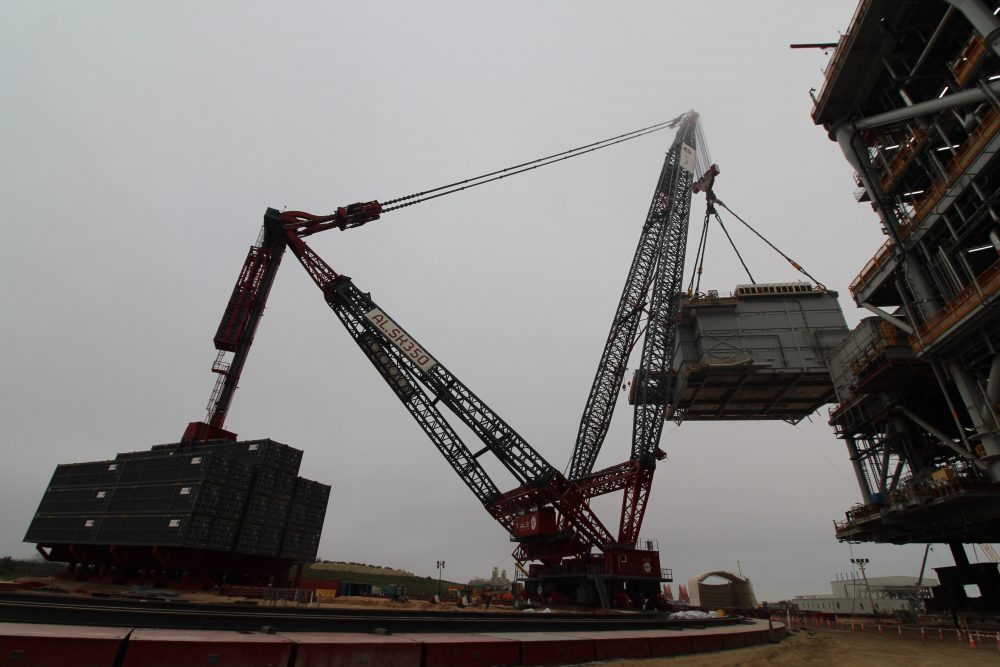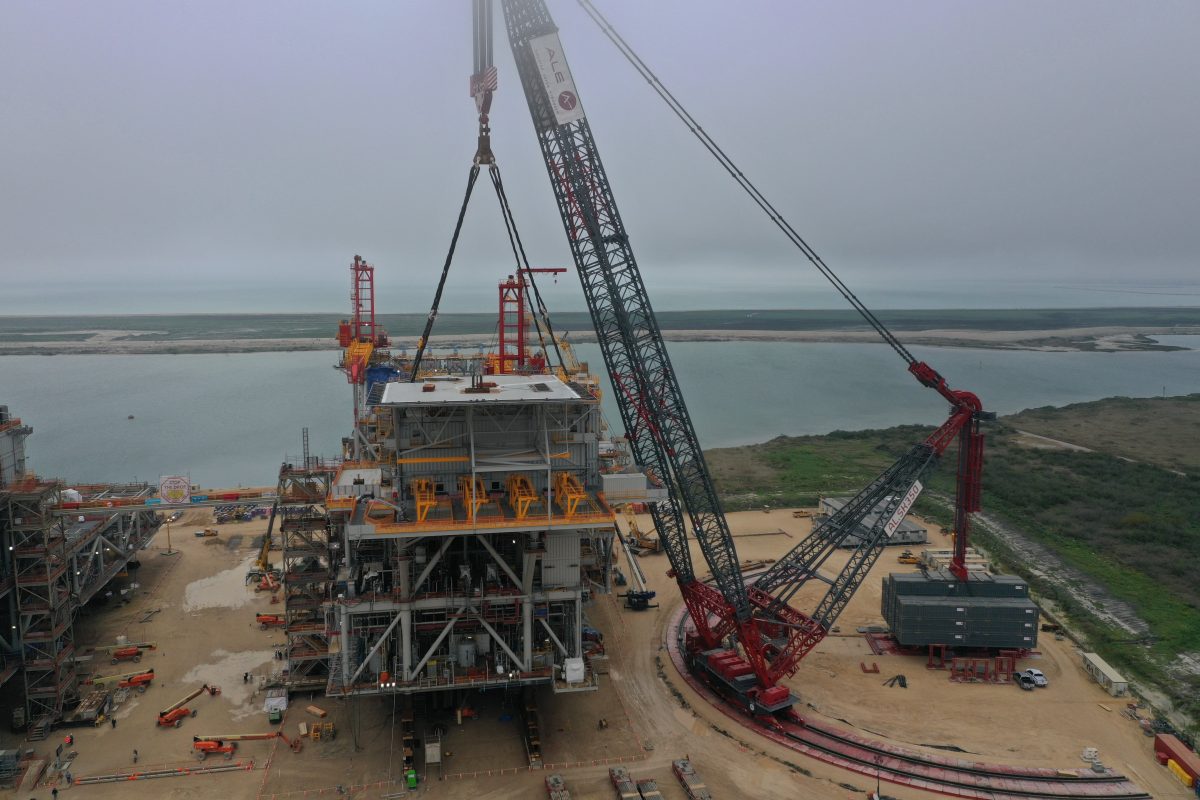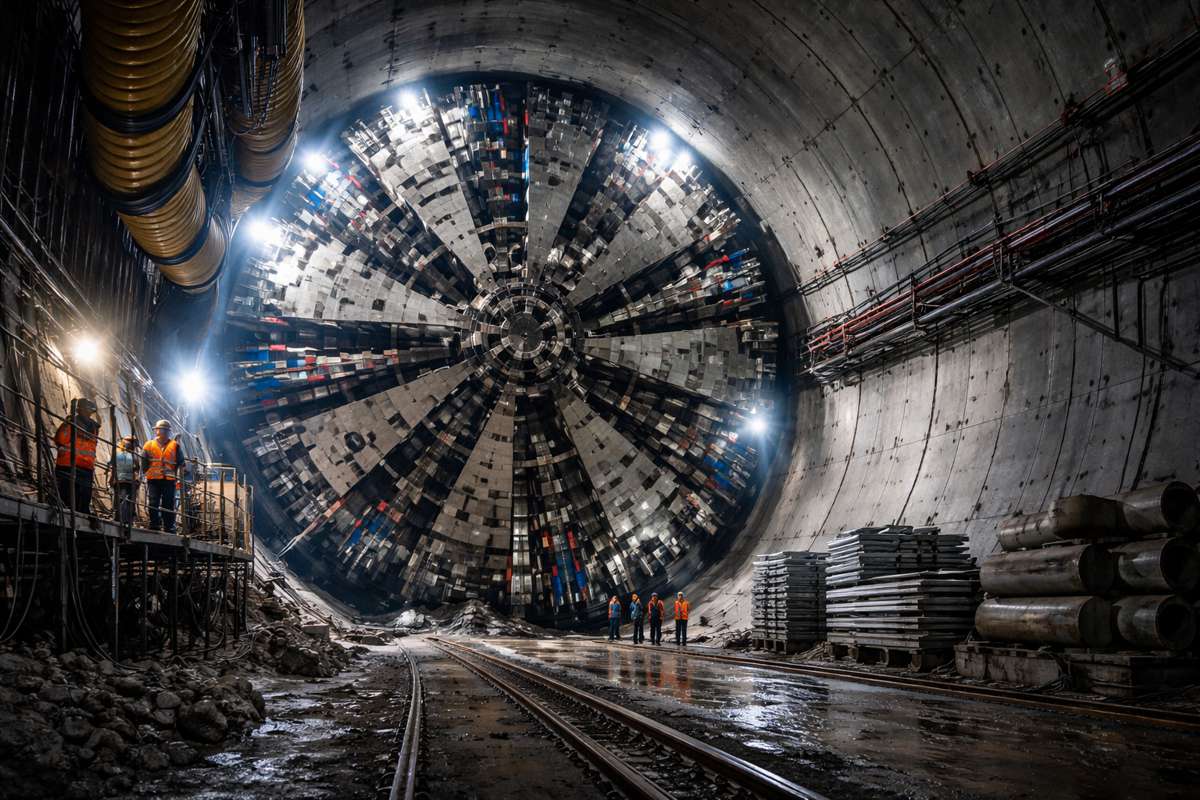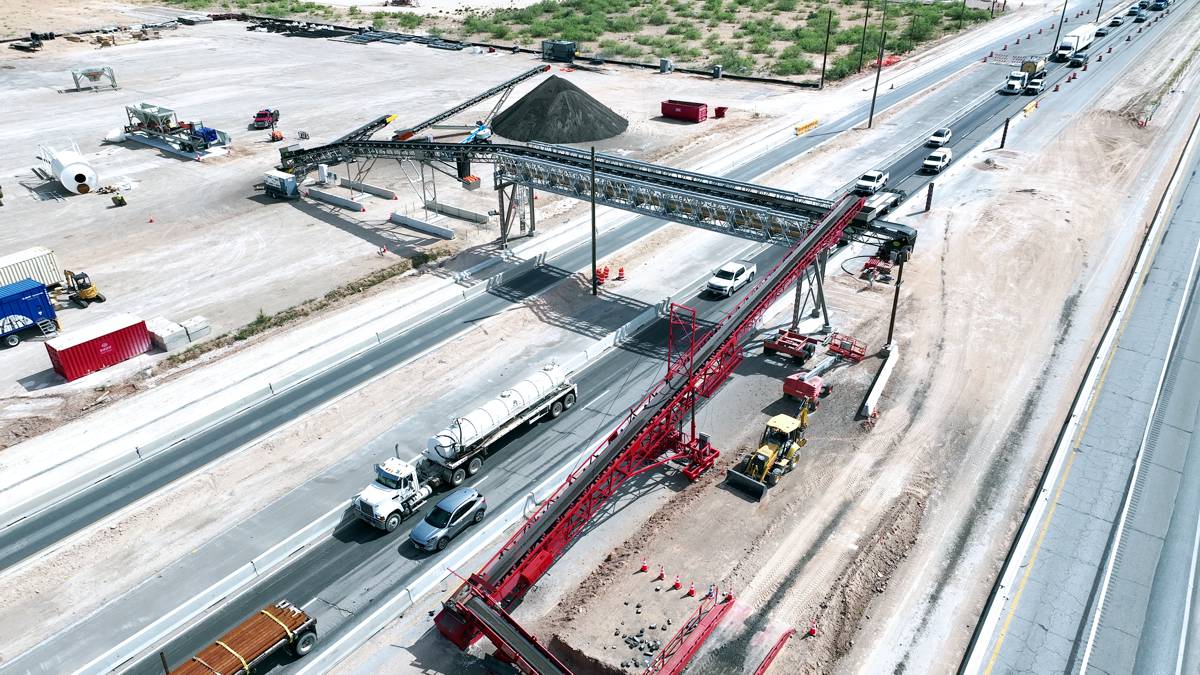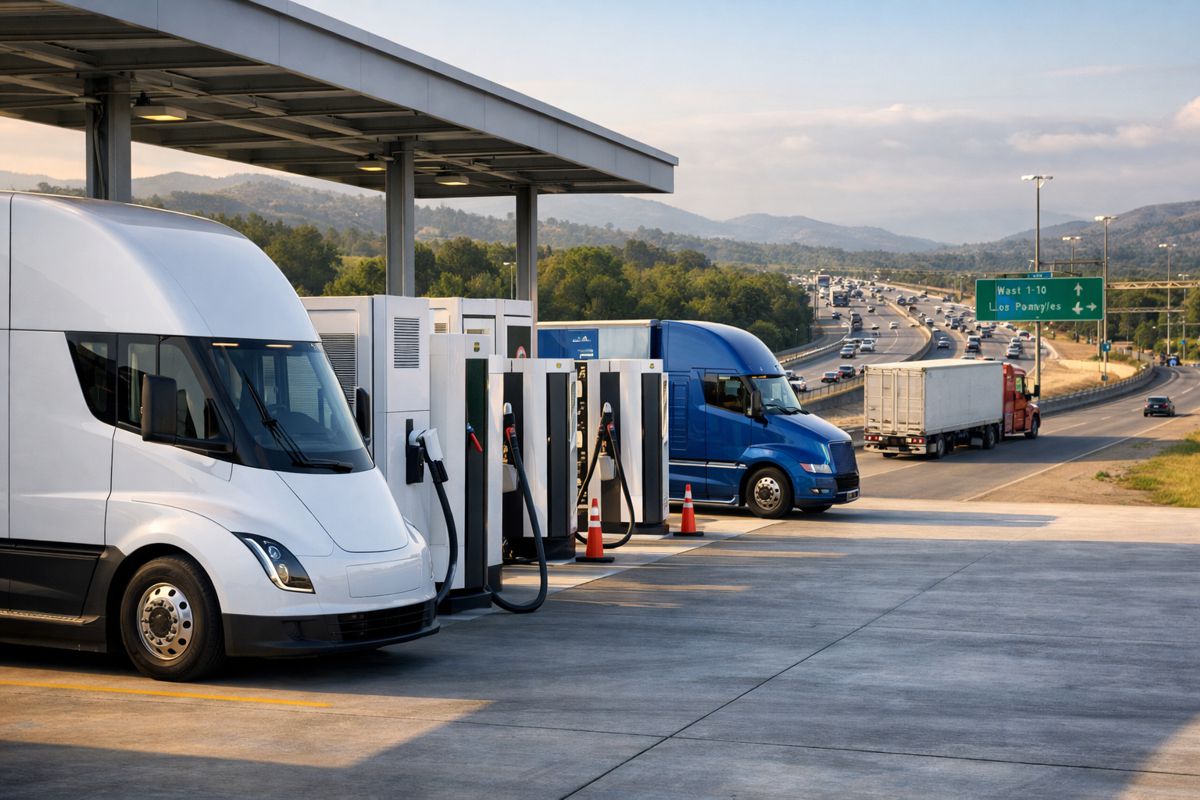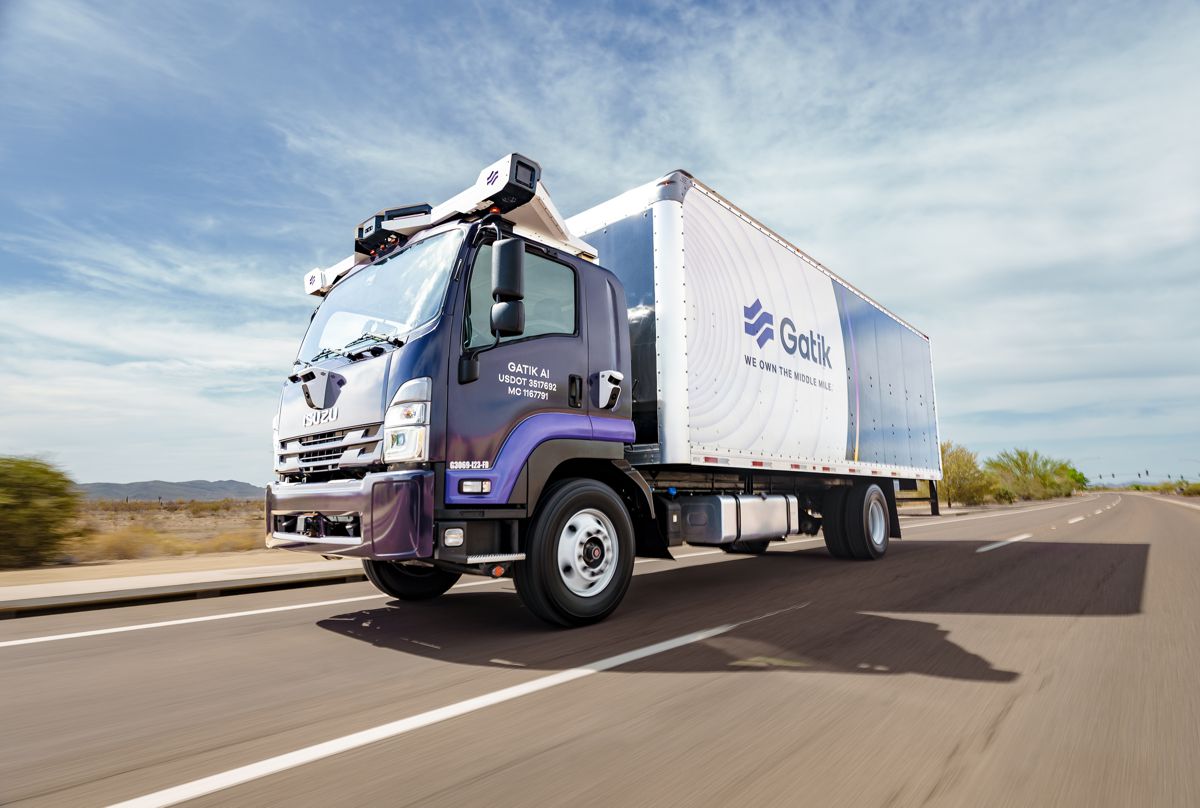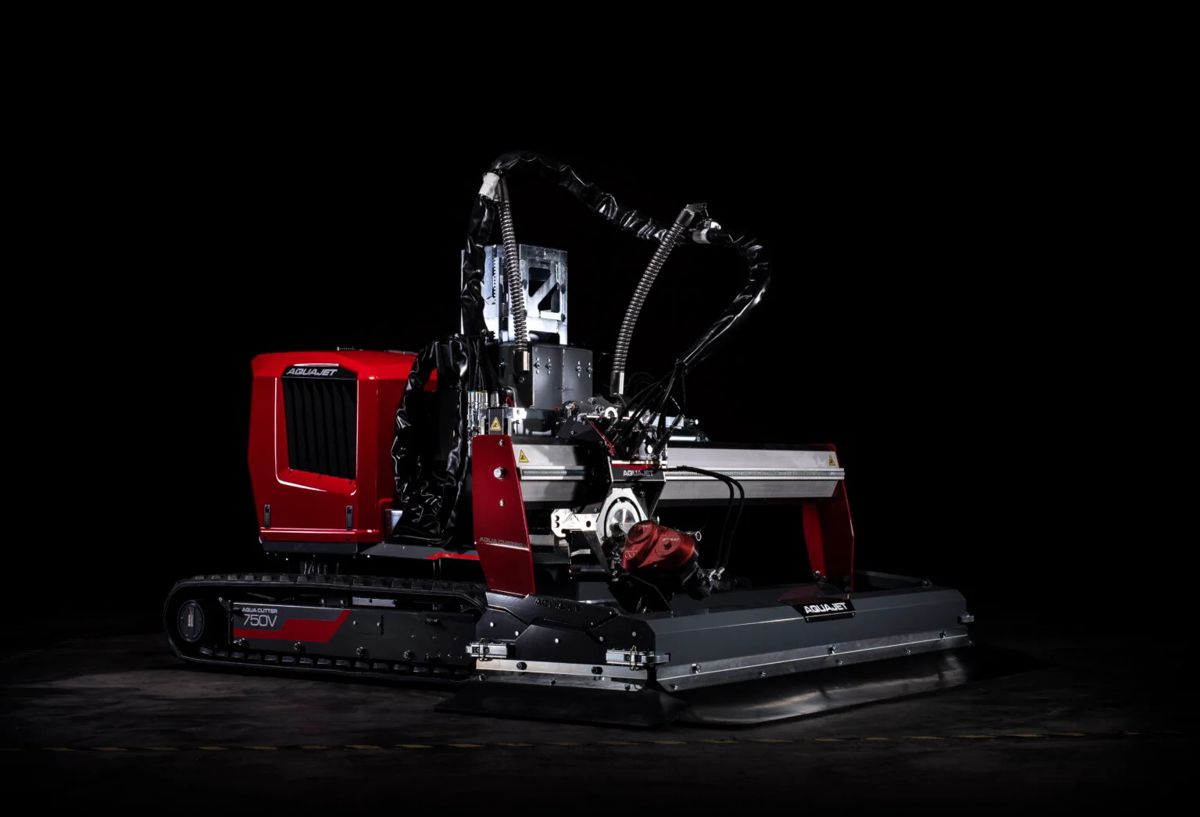ALE completes 7,000 US-Tonne lifts with the world’s largest capacity crane
ALE has lifted over 7,000 US tonnes using the world’s largest capacity land based crane for an oil and gas project in Texas, USA.
The unrivalled 354,000te/m load moment and long outreach of the world’s largest capacity land based crane, the AL.SK350, enabled the global heavylifting specialists to lift the living quarter module, the third of three modules on top of the offshore topside. The final module, weighing 2,462 US tonnes, was lifted on 2nd March 2019.
The three modules, weighing a combined total up to 6,614t (7,290 US tonnes with block and tackle included), are being lifted using ALE’s unique AL.SK350 crane for the project in Ingleside. As the crane can lift from one position, this is the ideal solution for working in the congested site and significant time is saved by not needing to relocate the crane for every lift, as would have been the case with other ring cranes.
The AL.SK350 has been rigged with a 124m (406ft) main boom, and 49m (160ft) ballast radius, along with a heavy winch system and 4,000t (4,409 US tonnes) ballast.
The third lift, involving the living quarter module, took place in March and weighed a combined total of 2,234t (2,462 US tonnes with block and tackle included). For this, the installation outreach 42.8m.
“As we come to the end of the first phase, we are proud of the professionalism shown throughout. Our experienced crew, working alongside our crane with such unique abilities, has enabled us to achieve these heavy lifts in a challenging site environment. By using the latest technologies, we could carry out the lifts on schedule and safely, while minimising disruption to the rest of the busy site,” explained Ronnie Adams – Senior Project Manager.
In order to avoid delays to the overall offshore topside, these lifts will act as a trial to ensure they fit and the topside is pre-commissioned when installed with a new heavylift vessel off the coast of Israel.
Now all three modules are on the offshore topside, the project will be on hold and the modules removed in the second quarter of 2019.









